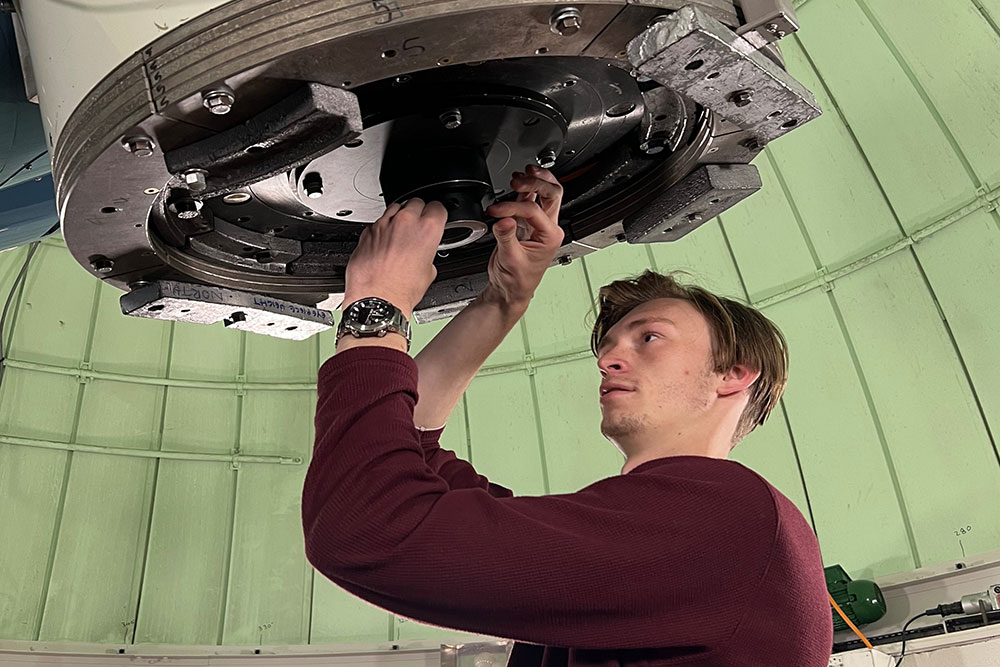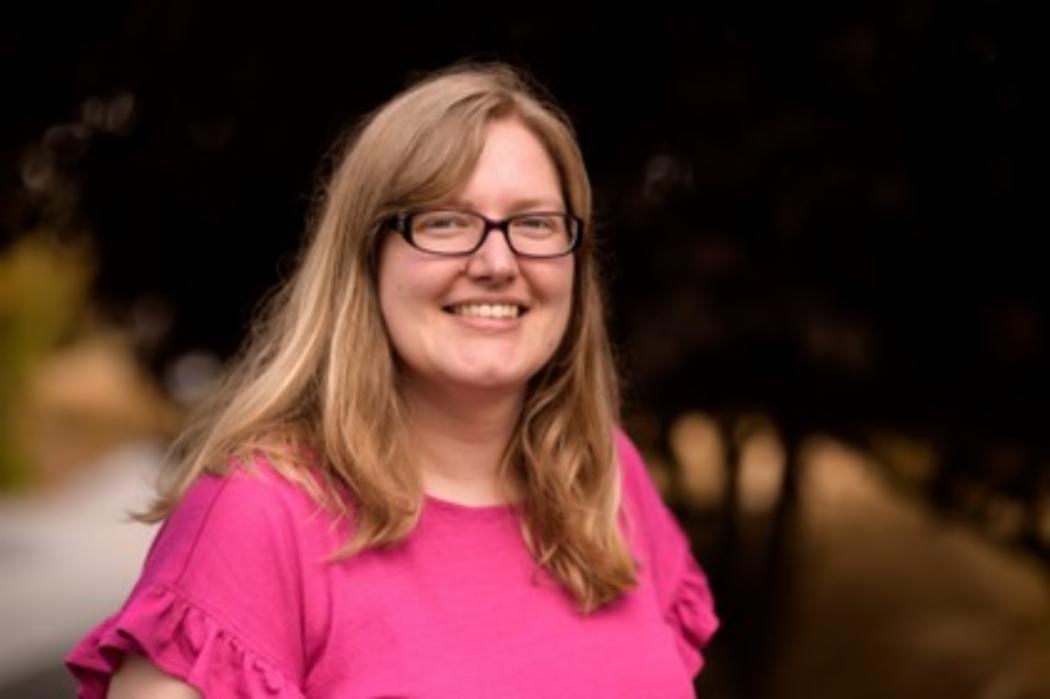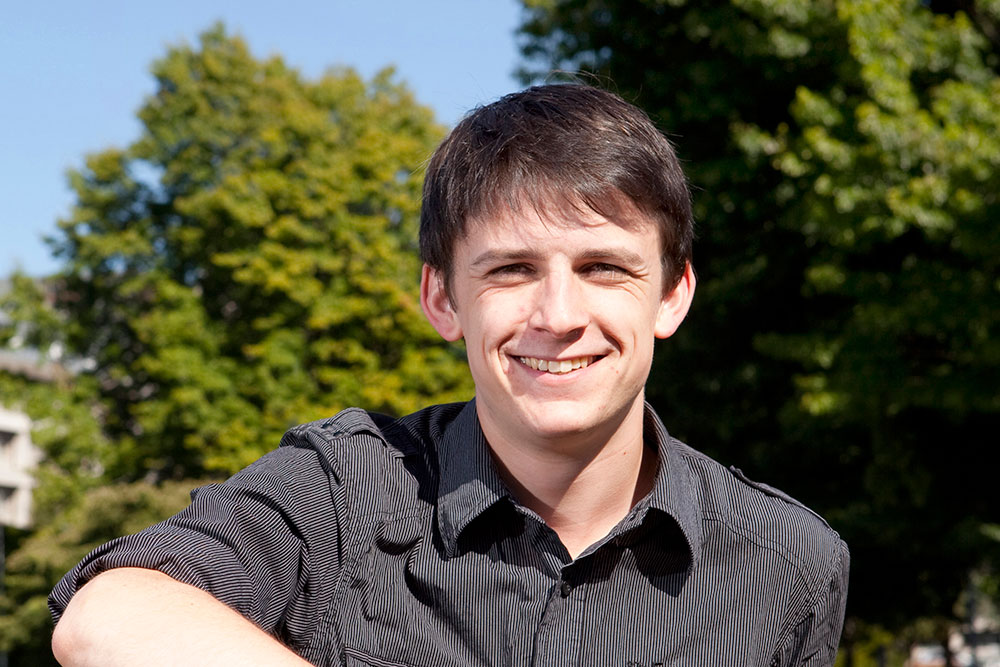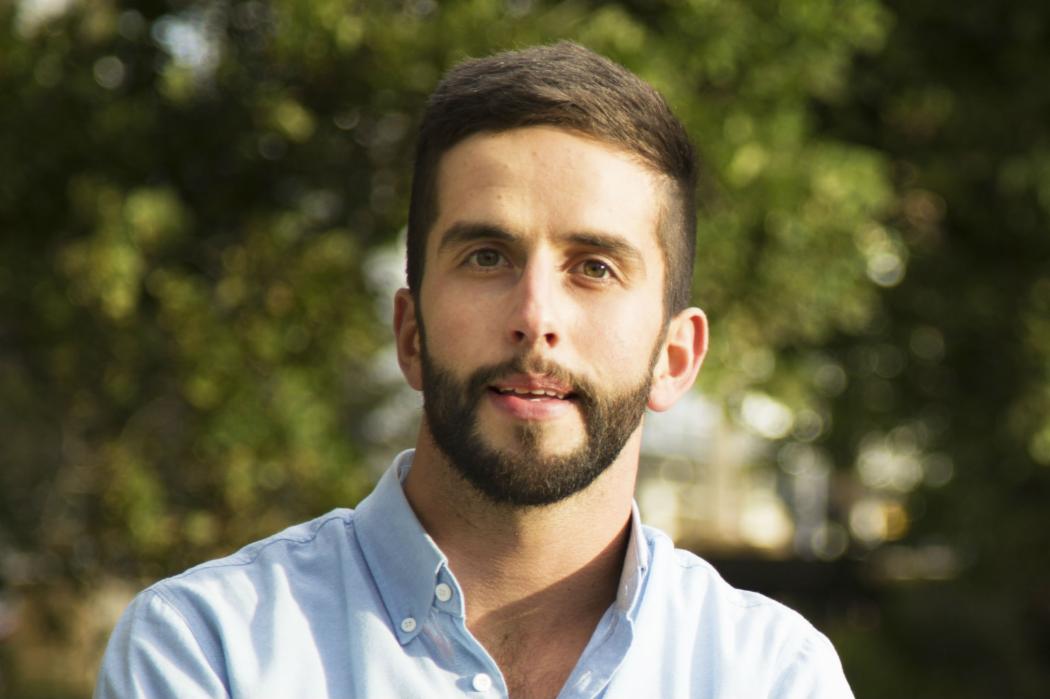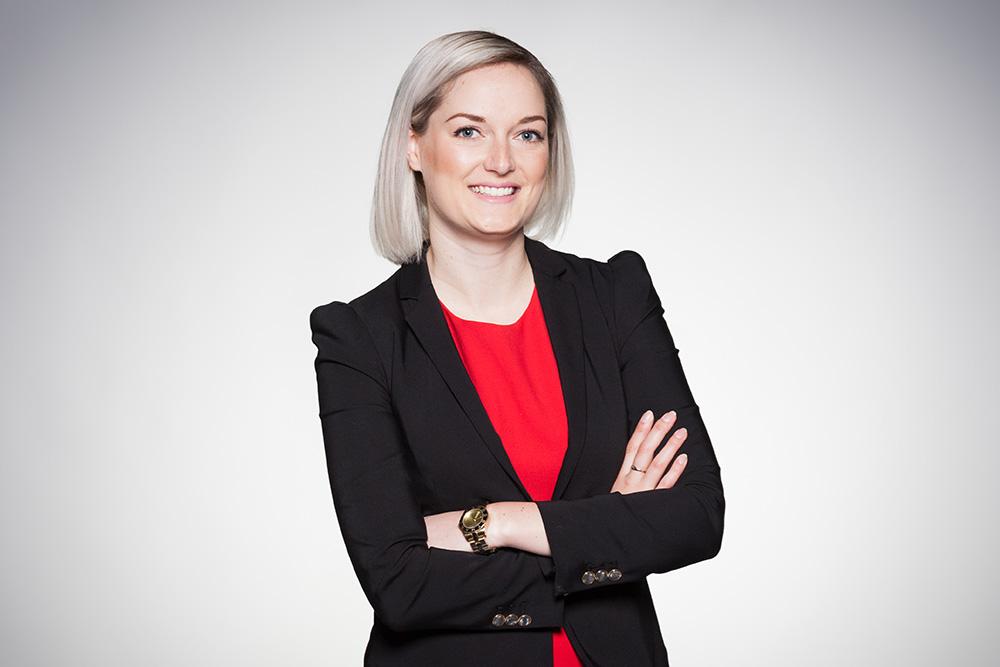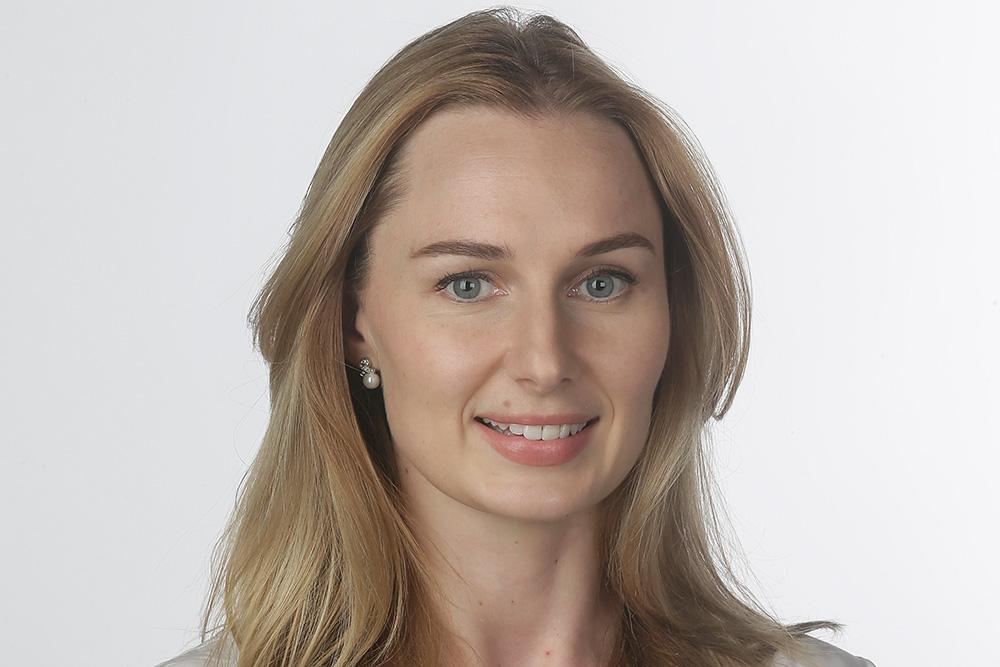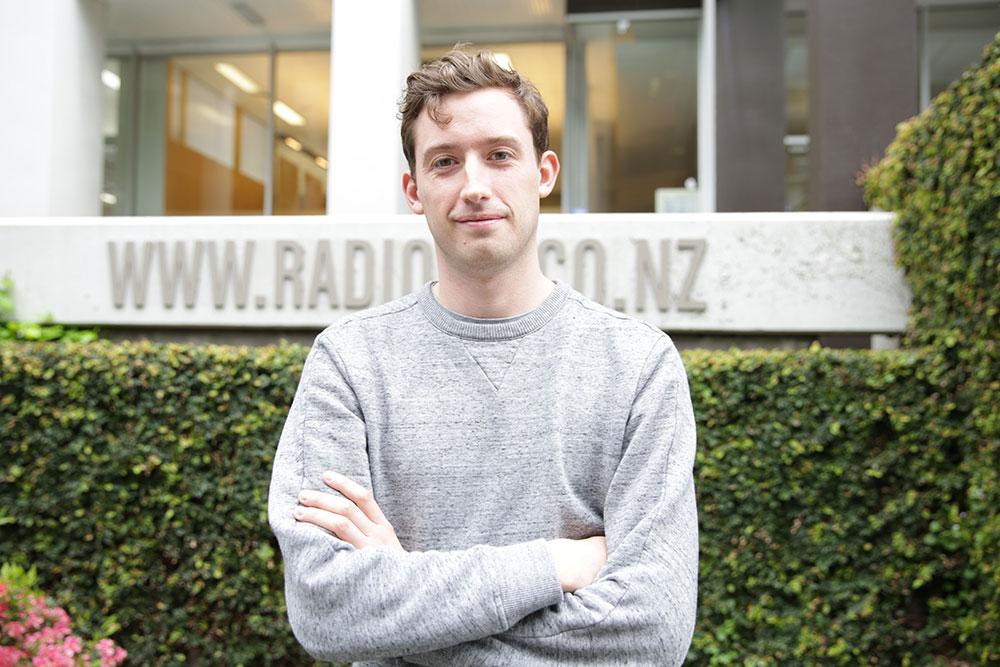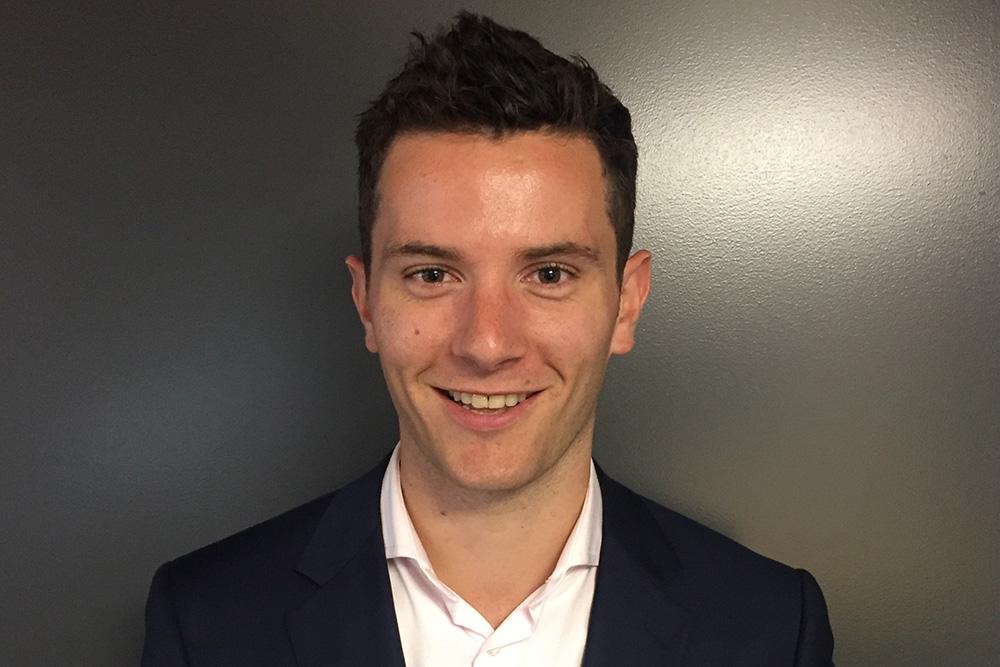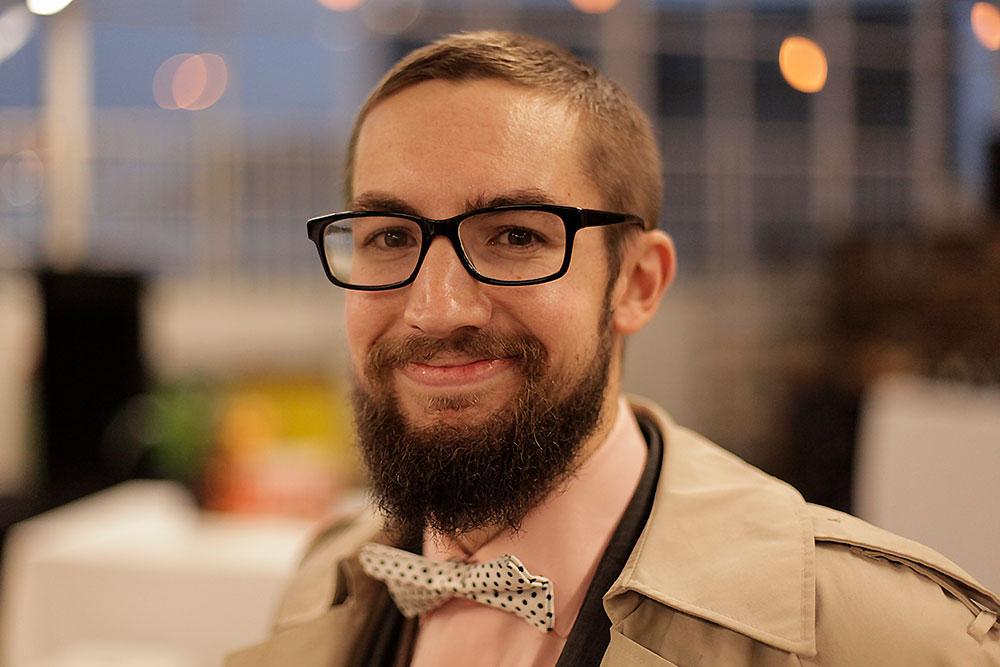Bachelor of Science with Honours in Ecology
PhD in Ecology
Graduate Diploma in Journalism
Senior Media Advisor, Science Media Centre
Teaching Fellow, Centre for Science in Society
In a world of fake news and pseudo-science, there’s never been a greater need for people who can interpret, explain, and breakdown complex science.
Luckily for New Zealand, we have science communicators like Sarah-Jane O’Connor – a former journalist and now media adviser for New Zealand’s Science Media Centre. She works with scientists and mainstream media to promote accurate, evidence-based reporting on science and technology.
"A lot of my day is spent deciphering science jargon from papers and turning it into something usable for journalists. I also need to know a lot of background to understand stories and their relevance, for instance - is this really something new or controversial or have we known this for ages? We also see a lot of pseudo-science being peddled and it's essential to have the knowledge to weigh up evidence and make calls on what's real and what's marketing."
With a Bachelor of Science in Ecology and a Graduate Diploma in Journalism, both from University of Canterbury, Sarah-Jane is well-qualified for the role. Before joining the Science Media Centre, she worked as a journalist for Fairfax Media.
"As a journalist I was privileged to spend a week at Scott Base in Antarctica. It's an unbelievable experience and so impossible to describe - it's another-worldly place. Being a journalist gets you to some incredible places and allows you access to amazing people, it's a huge privilege."
Being able to combine her curiosity about the world with a love of writing is long-held dream. It was a teacher at Wellington’s Naenae College who inspired Sarah-Jane to pursue a career in science.
"I was an animal geek who wanted to study animal behaviour. But I also loved writing.
"The big choice when I left high school was whether to study biology or some form of creative writing, so I'm pretty pleased I can combine both."
She encourages future science students to keep an open mind when deciding which subjects to study, and to not be afraid of a challenge.
"Shop around, especially in your first year, try out different subjects, find out what you like, follow your passions and the subjects that make your ears prick up during classes. Do take the harder things, like perhaps math and statistics, because they'll give you invaluable experience in crunching numbers and can prove really useful for other tasks."
She says the world needs more science-literate people and encourages anyone with an interest in the world around them to study the subject.
"Everything is science. If you're curious about the world, science can be a gateway to an incredible understanding of many parts of our lives. We can be bombarded with confusing and conflicting messages, but science teaches you a method to sift through all the guff and make your own decisions about what's best for you and your family. In that sense, it's empowering."


